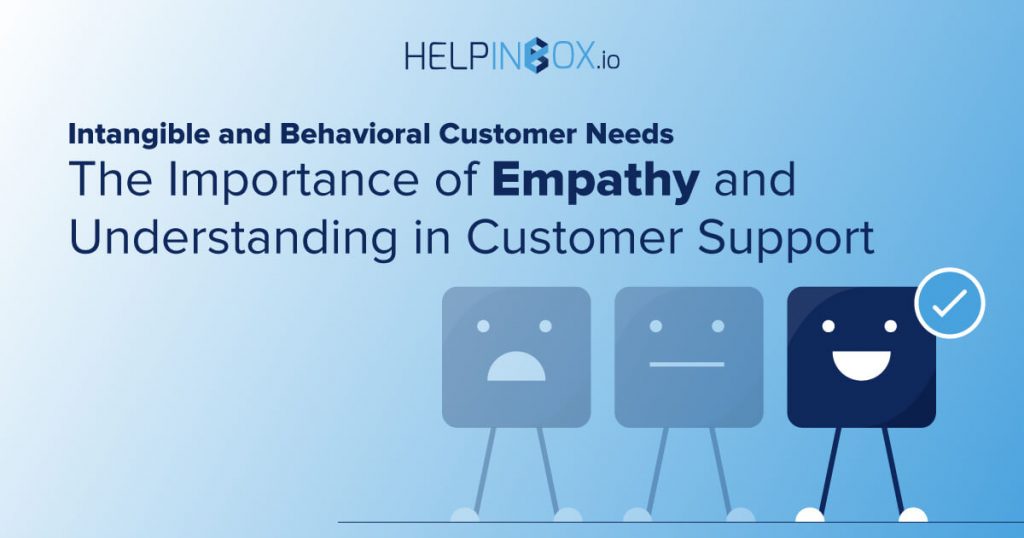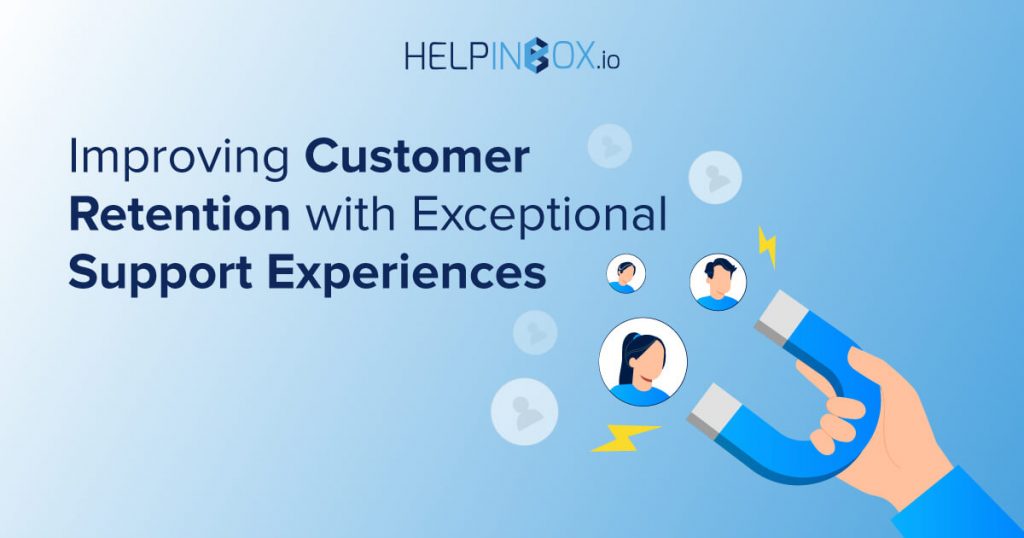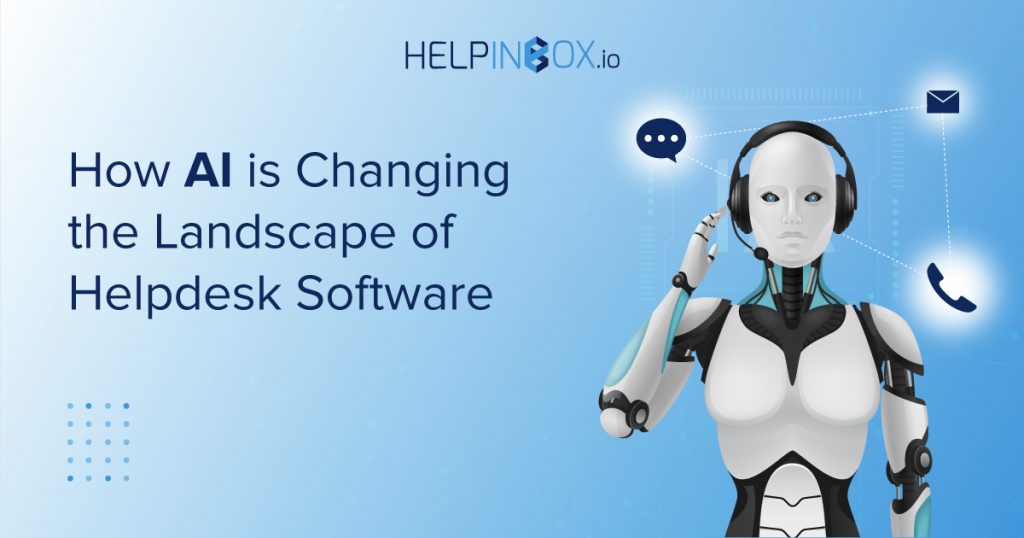In the ever-evolving landscape of customer support, Artificial Intelligence (AI) has emerged as a transformative force, promising efficiency, speed, and enhanced user experiences. However, as businesses increasingly embrace AI in their customer support operations, ethical considerations become paramount. This blog explores the ethical dimensions of AI in customer support, shedding light on concerns such as bias, empathy, and job displacement. Furthermore, it delves into the critical need for striking a delicate balance between automation and human intervention in the pursuit of ethical AI-powered customer support.
The Rise of AI in Customer Support: A Transformative Journey
AI has revolutionized customer support, offering businesses the ability to streamline processes, provide instant responses, and optimize resource allocation. Chatbots, virtual assistants, and automated systems have become integral components of customer service strategies, enabling companies to handle high volumes of inquiries efficiently. However, this transformation comes with its ethical challenges that need careful consideration.
Ethical Concerns Surrounding AI in Customer Support
1. Potential for Bias:
AI systems are trained on historical data, which may contain biases. If not addressed, this can lead to discriminatory outcomes, adversely affecting certain customer groups. It is crucial to recognize and rectify biases within AI algorithms to ensure fair and equitable customer support.
2. Lack of Empathy:
One of the human touchpoints in customer service is empathy, an element often lacking in automated interactions. The challenge lies in developing AI systems that can understand and respond to customers with the appropriate level of empathy, sensitivity, and emotional intelligence.
3. Job Displacement:
While AI can enhance efficiency, the fear of job displacement remains valid. Striking a balance between AI and human involvement is essential to prevent a scenario where human workers are replaced entirely, fostering a work environment that values both technological innovation and human expertise.
The Need for Balance: Striking Harmony Between Automation and Human Intervention
1. Enhancing Human-AI Collaboration:
Rather than viewing AI as a replacement for human agents, it should be seen as a collaborator. Human-AI collaboration can bring out the best of both worlds – the efficiency of automation combined with the empathy and nuanced problem-solving abilities of human agents.
2. Ethical AI Design and Governance:
Developers must prioritize ethical considerations in the design and deployment of AI systems. Transparent algorithms, continuous monitoring for bias, and user feedback mechanisms can contribute to the creation of AI systems that adhere to ethical standards.
3. Empowering Human Agents:
AI should be a tool to empower human agents, enabling them to focus on complex issues that require emotional intelligence, creativity, and critical thinking. By automating routine tasks, humans can dedicate their efforts to providing personalized and high-quality customer interactions.
Conclusion: Striking the Right Chord in AI-Powered Customer Support
As AI continues to reshape customer support, the ethical implications demand our attention. Striking the right balance between automation and human intervention is not just a necessity; it is an ethical imperative. By addressing biases, infusing empathy into AI interactions, and preserving human jobs, businesses can harness the transformative power of AI while upholding ethical standards. The future of AI in customer support lies in harmonizing technology with human values, creating an environment where innovation and ethics go hand in hand, ensuring a customer-centric approach that is both efficient and compassionate.
 1396
1396









